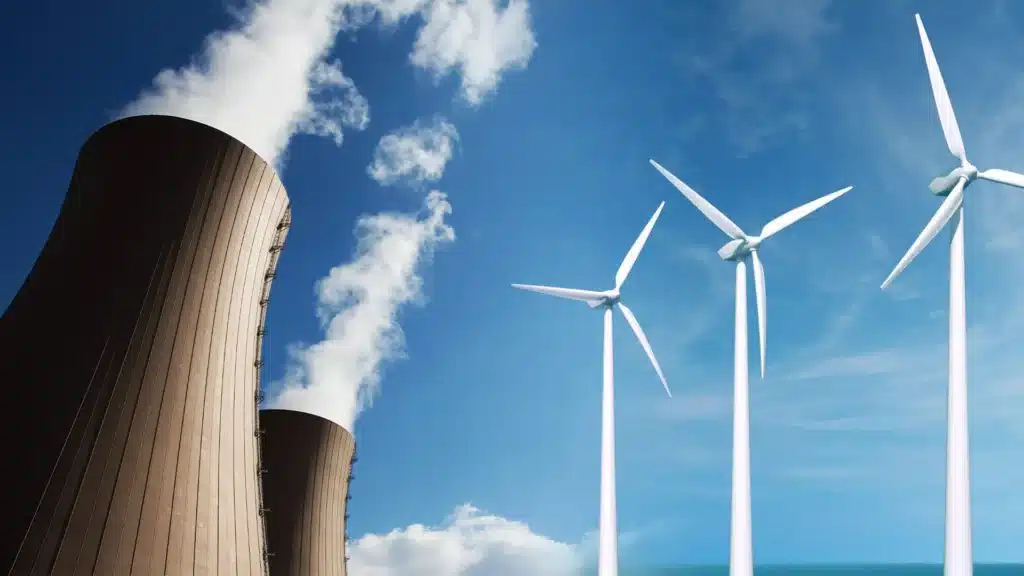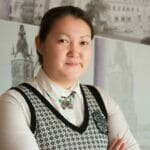Kazakhstan and Russia launch collaborative program to train energy specialists

Kazakhstan and Russia have launched a joint educational program to train energy specialists. For the program, titled Engineer for Distribution Network Digital Modeling, 51 students from both countries have been selected, with three applicants competing for each available spot.
The international training course is a one-year program that includes internships for the best students. The education activities will take place at academic laboratories in the field of intelligent distributed energy at the Energynet.LAB facility.
«This course will be aimed at providing training in electric network modeling. It will work for changing the understanding and vision of the business processes related to electric-power engineering as well as learning about new technologies in the sphere,» explained Artyom Tarasov, one of the trainers and a coworker of the Design Bureau of Switchgear.
The program consists of three units, each featuring both theoretical and practical components. It concludes with a graduation thesis, which is developed during an internship at a real network company. As a bonus, students will receive training at a partner technology company that has already implemented intelligent systems for electric networks.
In Kazakhstan, the course is available at the Almaty University of Power Engineering and Telecommunications. In Russia, the training program is available at universities in Kazan, Novosibirsk and Sevastopol (a city in the annexed Crimean Peninsula not recognized by Kazakhstan as part of Russia).
Kursiv.media earlier reported that Kazakhstan’s Ministry of Science is set to teach students nuclear energy in collaboration with German universities. Education Minister Sayasat Nurbek revealed that following the meeting between President Kassym-Jomart Tokayev and Chancellor Olaf Scholz, the two countries signed six agreements regarding research activities and higher education.

